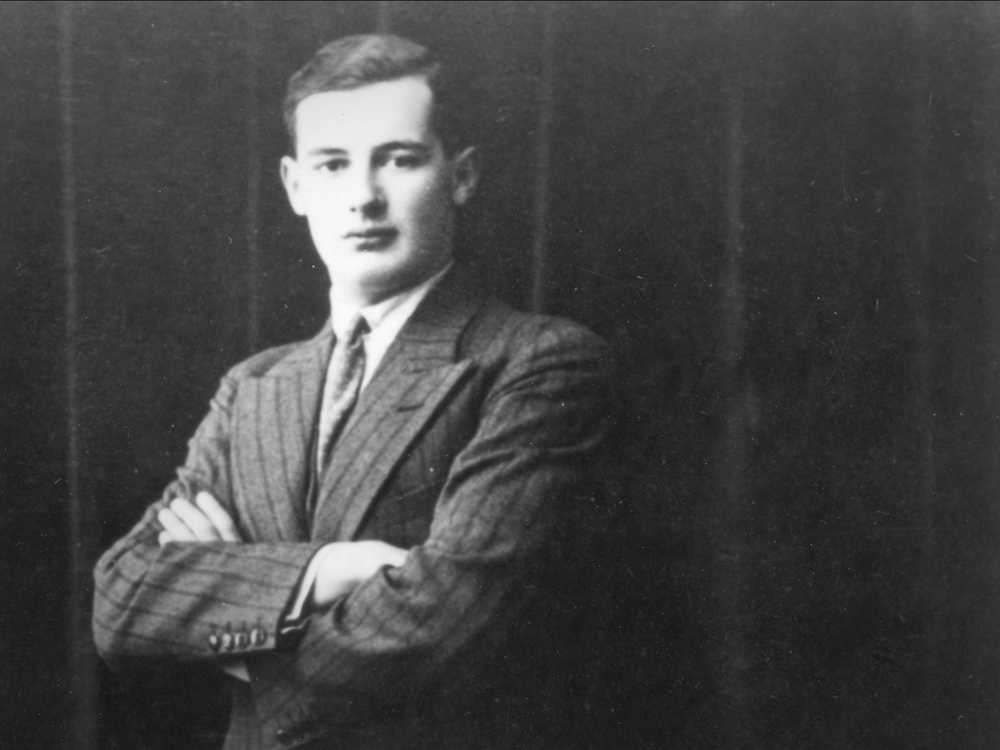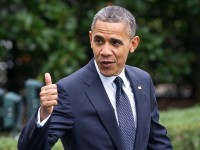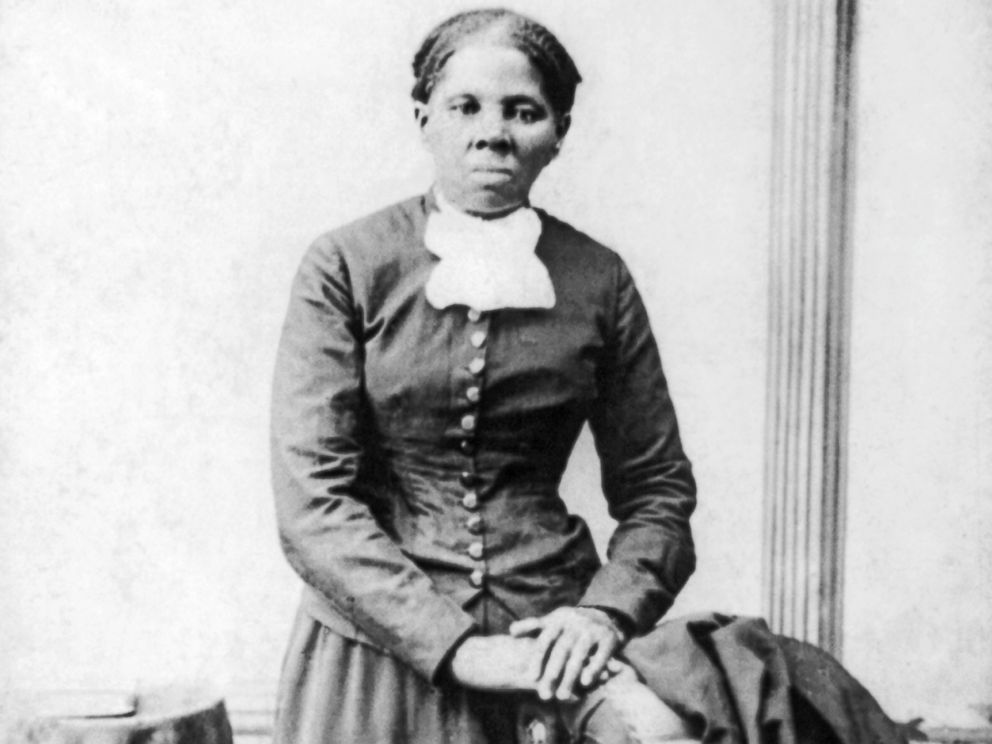Who are the historical role models of Millennials today? The Strauss Center’s Brumley Next Generation Scholars discuss 8 international figures from the past and present that shape the way they think about being a public leader.
 Raoul Wallenberg (1912-1947) was a Swedish humanitarian known for rescuing thousands of Jews in Hungary from German Nazis during World War II. When the Red Army arrived in Budapest, Wallenberg was kidnapped and subsequently imprisoned in a KGB secret prison in Moscow, where he mysteriously died years later. The enormous risks Wallenberg took to put the lives of Hungarian Jews ahead of the motives of Nazi-occupied Hungary exemplify moral leadership. According to the moral psychologist Lawrence Kohlberg, the highest stage in moral development is postconventional morality, when an individual’s conscience may deviate from societal conventions of right and wrong. Such moral disobedience and leadership is what Raoul Wallenberg showed in Hungary, saving the lives of thousands of persecuted Jews against the moral conventions of his peers.
Raoul Wallenberg (1912-1947) was a Swedish humanitarian known for rescuing thousands of Jews in Hungary from German Nazis during World War II. When the Red Army arrived in Budapest, Wallenberg was kidnapped and subsequently imprisoned in a KGB secret prison in Moscow, where he mysteriously died years later. The enormous risks Wallenberg took to put the lives of Hungarian Jews ahead of the motives of Nazi-occupied Hungary exemplify moral leadership. According to the moral psychologist Lawrence Kohlberg, the highest stage in moral development is postconventional morality, when an individual’s conscience may deviate from societal conventions of right and wrong. Such moral disobedience and leadership is what Raoul Wallenberg showed in Hungary, saving the lives of thousands of persecuted Jews against the moral conventions of his peers.
 Mahatma Gandhi (1869-1948) emulated the peace, acceptance and tolerance that he wished to see around him. As a civil rights leader, Gandhi is remembered for his nonviolent protests and for inspiring other civil rights leaders. But Gandhi is equally remembered for his commitment to a simple life and his emphasis on contemplation and thoughtful action. He devoted much of his time to meditation, prayer and fasting, and even used these peaceful practices as a means of creative protest. These qualities earned Gandhi trust and reputability in the eyes of Indians and the world. Gandhi found peace in himself, and used that forge a more peaceful, equal world, earning the name the Great Souled One.
Mahatma Gandhi (1869-1948) emulated the peace, acceptance and tolerance that he wished to see around him. As a civil rights leader, Gandhi is remembered for his nonviolent protests and for inspiring other civil rights leaders. But Gandhi is equally remembered for his commitment to a simple life and his emphasis on contemplation and thoughtful action. He devoted much of his time to meditation, prayer and fasting, and even used these peaceful practices as a means of creative protest. These qualities earned Gandhi trust and reputability in the eyes of Indians and the world. Gandhi found peace in himself, and used that forge a more peaceful, equal world, earning the name the Great Souled One.
 Malala Yousafzai (1997- ) engaged in activism even as a child, risking her life to promote girls’ education in Pakistan. She gained a high profile after the Taliban attempted to take her life for her activism, and used her celebrity to further promote her cause. Malala is the youngest winner of the Nobel Peace Prize. In addition to pursuing global access to education, Malala is a high-achieving student who will be attending Oxford University to pursue a degree in Philosophy, Politics, and Economics.
Malala Yousafzai (1997- ) engaged in activism even as a child, risking her life to promote girls’ education in Pakistan. She gained a high profile after the Taliban attempted to take her life for her activism, and used her celebrity to further promote her cause. Malala is the youngest winner of the Nobel Peace Prize. In addition to pursuing global access to education, Malala is a high-achieving student who will be attending Oxford University to pursue a degree in Philosophy, Politics, and Economics.
 Susan B. Anthony (1820-1906) showed remarkable bravery in using both political and apolitical action to mobilize the women’s rights movement, particularly focusing on suffrage. I believe she would be both surprised by and motivated to further improve the status of women in the US and world today, and creatively use technology and travel to expand her scope to eliminating global gender discrimination. She would absolutely have a Twitter, as during her lifetime she leveraged all communication tools available at the time, particularly the free press.
Susan B. Anthony (1820-1906) showed remarkable bravery in using both political and apolitical action to mobilize the women’s rights movement, particularly focusing on suffrage. I believe she would be both surprised by and motivated to further improve the status of women in the US and world today, and creatively use technology and travel to expand her scope to eliminating global gender discrimination. She would absolutely have a Twitter, as during her lifetime she leveraged all communication tools available at the time, particularly the free press.
If Susan B. Anthony were to tweet today, she would say::
I support #HeForShe. Cooperation and coordination on all levels of society lead to momentum and power, and empowering women can include anyone. #UNWomen
I stand #withMalala! Learn more about the fight for women’s education and donate to the Malala Fund here: https://www.youtube.com/watch?v=Y59sIrh1il4&feature=youtu.be
 Barack Obama (1961- ) In pushing for progressive change, one cannot ignore the value of hope or of an enthusiastic outlook toward the future. Growing up through my teenage years with Barack Obama as my president was an absolute privilege. A man who embodied respect, resolve for what is right, the importance of kindness even in the highest positions of power, Obama brought modern issues of human rights and social justice to the forefront of a nation’s conscious that was never built for people like him. It is increasingly important in today’s world rife with growing divisions that world leaders speak for the most marginalized voices of society. Even after his presidency, Obama continues to push for equality and unification, tweeting words of comfort to a distraught world.
Barack Obama (1961- ) In pushing for progressive change, one cannot ignore the value of hope or of an enthusiastic outlook toward the future. Growing up through my teenage years with Barack Obama as my president was an absolute privilege. A man who embodied respect, resolve for what is right, the importance of kindness even in the highest positions of power, Obama brought modern issues of human rights and social justice to the forefront of a nation’s conscious that was never built for people like him. It is increasingly important in today’s world rife with growing divisions that world leaders speak for the most marginalized voices of society. Even after his presidency, Obama continues to push for equality and unification, tweeting words of comfort to a distraught world.
 Pope Francis (1936- ) Amid an increasingly caustic political climate, I have found myself questioning the efficacy of our political system and leaders. I believe Pope Francis is an international public figure that transcends political ideology and unites billions of people through hope and tolerance. These qualities, coupled with his humble background and moderate outlook, solidify his role as a public figure that propagates peace and actively combats oppression and hate.
Pope Francis (1936- ) Amid an increasingly caustic political climate, I have found myself questioning the efficacy of our political system and leaders. I believe Pope Francis is an international public figure that transcends political ideology and unites billions of people through hope and tolerance. These qualities, coupled with his humble background and moderate outlook, solidify his role as a public figure that propagates peace and actively combats oppression and hate.
Twitter: “I invite you not to build walls but bridges, to conquer evil with good, offense with forgiveness, to live in peace with everyone.”
 Abraham Lincoln (1809-1965) is revered for his unwavering honesty and faith in America’s future. As a leader, he had a remarkable ability to underscore intrinsic human values and bring people together. Lincoln would surely be astounded at the deep divides in our domestic politics and how easily we caricature and demonize the person on the other side. I know he would send a unifying reminder at yet another crucial time in the U.S. that progress comes from civil discourse. He would be proud of the innovative strides we’ve made in human rights and technology but would firmly stress that we must bridge gaps in policy.
Abraham Lincoln (1809-1965) is revered for his unwavering honesty and faith in America’s future. As a leader, he had a remarkable ability to underscore intrinsic human values and bring people together. Lincoln would surely be astounded at the deep divides in our domestic politics and how easily we caricature and demonize the person on the other side. I know he would send a unifying reminder at yet another crucial time in the U.S. that progress comes from civil discourse. He would be proud of the innovative strides we’ve made in human rights and technology but would firmly stress that we must bridge gaps in policy.
 Harriet Tubman’s (1820-1913) embodied a self sacrificial lifestyle and unwavering dedication to her cause. She did more for the black community in America and for U.S. citizens in general than an official public leader ever could during her time. She claimed her unalienable and constitutional rights, that she was certain were God given, in the face of insurmountable legal adversity. She demonstrated, through fighting in battles, running from the police, and protecting escaping former slaves, that when injustice is being dealt, it is your responsibility to fight to combat it. I would choose Harriet Tubman, as my ideal role model and public figure, because her identity, sense of well being, and purpose was tied intrinsically to her people and the lives of those around her.
Harriet Tubman’s (1820-1913) embodied a self sacrificial lifestyle and unwavering dedication to her cause. She did more for the black community in America and for U.S. citizens in general than an official public leader ever could during her time. She claimed her unalienable and constitutional rights, that she was certain were God given, in the face of insurmountable legal adversity. She demonstrated, through fighting in battles, running from the police, and protecting escaping former slaves, that when injustice is being dealt, it is your responsibility to fight to combat it. I would choose Harriet Tubman, as my ideal role model and public figure, because her identity, sense of well being, and purpose was tied intrinsically to her people and the lives of those around her.



Leave a Reply